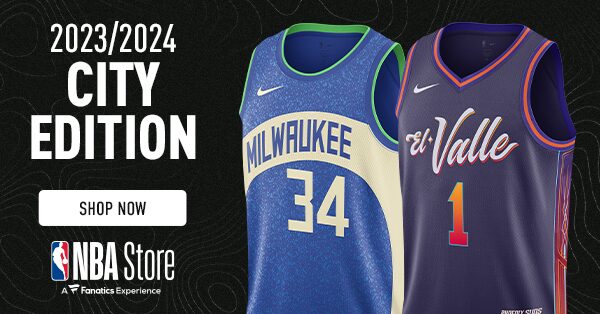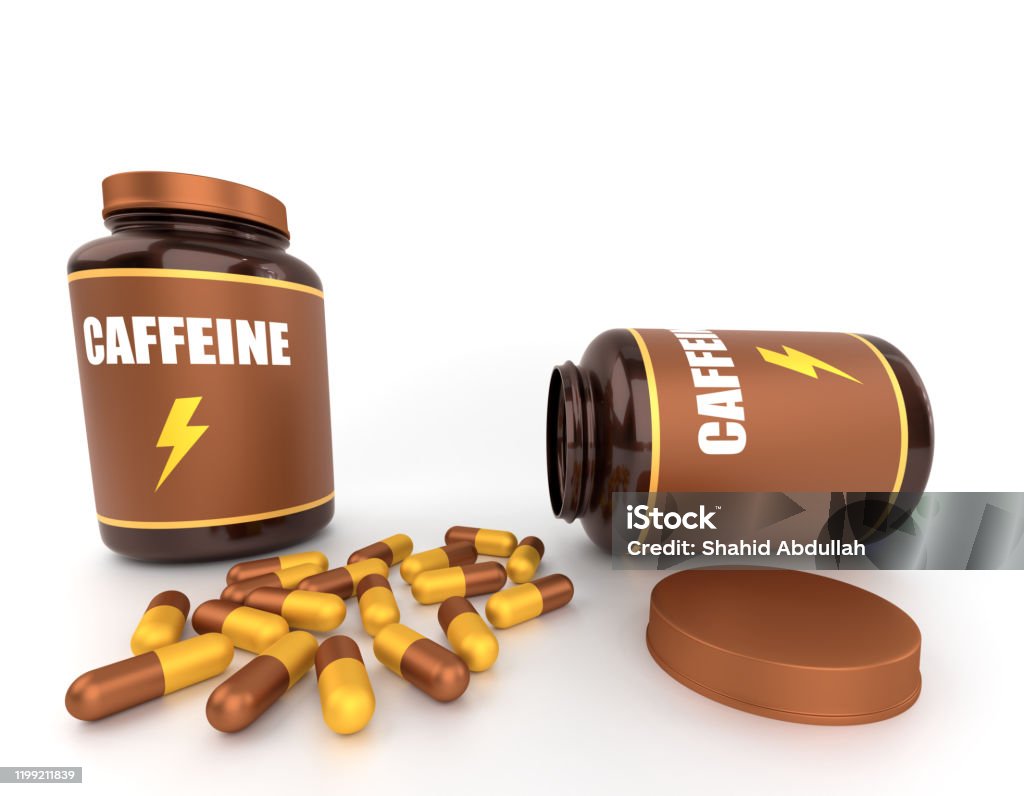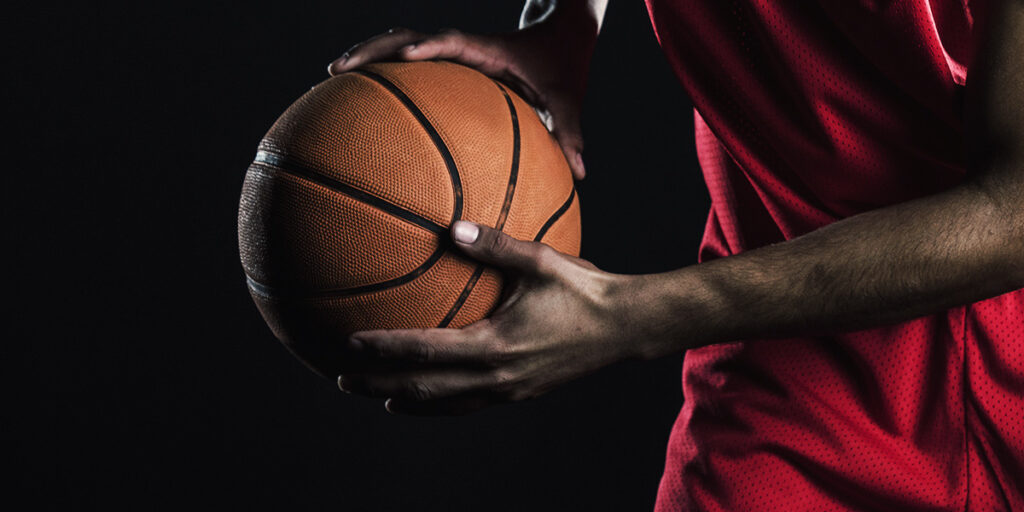NBA Facts
Does NBA Test For Steroids? – Performance Enhancing Drugs Policy Explained
The NBA enforces a rigorous anti-doping policy to promote fair competition and safeguard player health.
This article explores the NBA’s stance on doping, highlighting prohibited substances, drug testing schedules, and penalties for players testing positive.
Delving into the NBA’s efforts reveals its commitment to a drug-free sport, focusing on the health and integrity of basketball players. Performance-enhancing drugs, banned substances, and the impact of drug use on the league’s reputation and athletes’ careers are central to this discussion.
Join us as we examine the intricacies of drug testing in professional sports leagues, particularly the NBA.

Prohibited Substances for NBA Players
The NBA, alongside the National Basketball Players Association, enforces a strict list of banned substances, including performance-enhancing drugs, stimulants, and illegal drugs.
With a dedicated Independent Administrator, the NBA’s Anti-Drug Program underscores its zero-tolerance policy for doping and steroid abuse.
This initiative aims to protect the integrity of the game and the health of the players. By understanding the categories of prohibited substances, we see the NBA’s efforts to maintain a fair and healthy competition environment. Let’s explore why these bans are vital for the sport’s story.

Performance-Enhancing Drugs (PEDs)
PEDs are used by NBA athletes to enhance physical performance but are banned in sports to prevent unfair advantages. Examples include anabolic steroids, human growth hormone, and stimulants.
The NBA forbids PEDs to ensure fair competition and sportsmanship. This policy aims to avoid situations like Lance Armstrong‘s in basketball, preserving the game’s integrity.

Stimulants
Stimulants boost alertness and energy by enhancing brain-body communication. Common types are caffeine, amphetamines, and cocaine. The NBA bans them to prevent unfair advantages.
This ban helps ensure that NBA players’ success stems from natural talent and dedication, upholding true sportsmanship.

Other Illegal Substances
Beyond PEDs and stimulants, the NBA bans substances illegal under law.
FIBA also enforces an anti-doping program for global basketball integrity and player welfare.
Violations in FIBA games can lead to fines, suspensions, or disqualifications, emphasizing the global commitment to a drug-free sport in basketball.
"Oh Yeah We Was Blowin It Down In There" – JR Smith Confirmed What We All Thought When It Came To NBA Players Getting High As Hell In The Bubble https://t.co/x3ITkBz7pm pic.twitter.com/PuxUnl3ngF
— Barstool Sports (@barstoolsports) April 13, 2022
The Frequency and Timing of NBA Drug Tests
The NBA’s drug testing program maintains sport integrity and player health, targeting performance enhancing drug abuse. Players undergo random tests in the season and offseason, with at least four tests in the season and one in summer.
Let’s examine when these tests occur, detailing the NBA’s testing timeline.
got drug tested after this play 😂 https://t.co/Sq4mgMTzVY
— John Saldua (@Johnboy909) May 2, 2020
Regular Season Testing
In the regular season, NBA players face random drug tests under the league’s Anti-Drug Program. They may be tested up to four times in the season and twice in the offseason. This strategy ensures adherence to the NBA’s drug policy, keeping the competition fair.
Random testing deters banned substance use and catches rule violators, preserving the sport’s integrity and ensuring exciting, fair play for players and fans.
Offseason Testing
During the offseason, NBA players still undergo drug testing. The league’s policy mandates two random urine tests in this period.
Tests occur during team travels or visits to the NBA office in New York City.
This ensures year-round accountability and reinforces the NBA’s dedication to a drug-free sport, highlighting commitment both on and off the court.
International Competitions
NBA players in events like the Olympics and World Cup follow FIBA’s drug testing rules. They must comply with strict anti-doping guidelines, similar to the NBA’s standards.
Penalties for failing a drug test in these competitions can include suspension, fines, and disqualification.
This underscores the global commitment to a drug-free sport across all competition levels.

Consequences for Positive Drug Tests in the NBA
Players testing positive for banned substances face penalties such as suspensions, fines, or disqualification. The severity of these penalties varies with the substance found and the player’s prior offenses.
Next, we’ll examine the outcomes for first-time offenders and those with previous violations.
First-Time Offenders
Penalties for first offenses, including steroid use, are harsh.
Positive tests for steroids, stimulants, or other specific drugs result in a 10-game unpaid suspension.
Players with positive tests for “drugs of abuse” like cocaine or marijuana might also need to enter a substance addiction program and could incur fines up to $25,000.
Such stringent measures act as a powerful deterrent against doping, ensuring the sport’s integrity.

Repeat Offenders
Steroid users and other players breaking the NBA’s anti-doping rules repeatedly face harsher penalties.
A second offense, where the NBA might test players for substances like cocaine or marijuana, leads to a $50,000 fine and up to a 10-game suspension, while anabolic steroids can escalate to a 55-game ban.
A third violation results in a minimum two-year suspension for these players. By ramping up penalties for repeat offenses, the NBA sends a stern message: doping is unacceptable, stressing the importance of a drug-free sport.
Basketball player Satnam Singh Bhamara banned for doping https://t.co/eXhYKCMyRn
— New Delhi Times (@NewDelhiTimes) December 25, 2020
Frequently Asked Questions
What is the NBA drug policy?
The NBA’s drug policy states that all players are subject to random testing up to nine times in a season, and marijuana has been removed from the list of prohibited substances.
Thus, NBA players will no longer be tested for marijuana under the updated Collective Bargaining Agreement.
Do NBA players get drug tested for steroids?
Yes, NBA players are required to undergo drug testing for steroids throughout the season and offseason. The league uses urine and blood tests to detect anabolic steroids, diuretics, and masking agents in an effort to ensure a level playing field.
These tests are conducted randomly and without warning, and players are subject to fines and suspensions if they fail to comply. The league also has a strict policy against the use of performance.
What are the banned substances in the NBA?
The NBA has a strict list of substances that are banned, including performance-enhancing drugs, growth hormones, drugs of abuse such as cocaine, opiates and methamphetamine, as well as marijuana. As of now, marijuana is no longer randomly tested for, although its use still remains prohibited.
Sources
1. fieldinsider.com – Why NBA Players Get Drug Tested: All You Need To Know
2. foxsports.com – NBA says drug tests remain random, despite convenient timing after 71-point performances
3. sportsdigest.in – Doping in NBA: What is it, effects and how is it being tackled?
4. espn.com – The NBA and performance enhancing drugs





